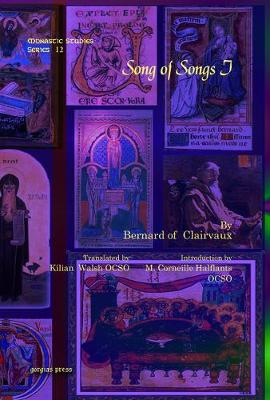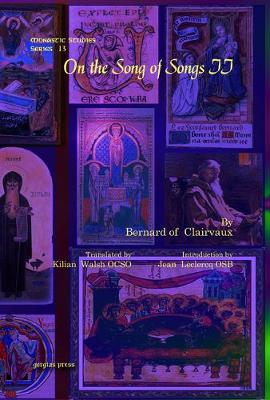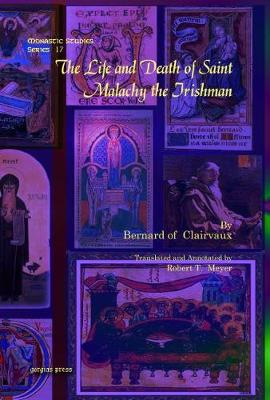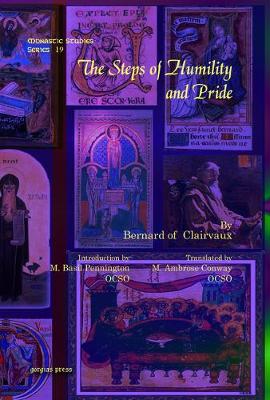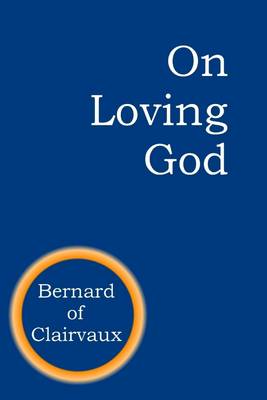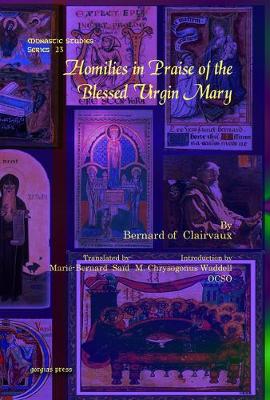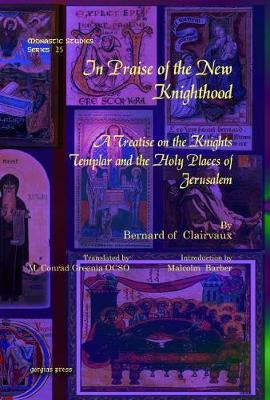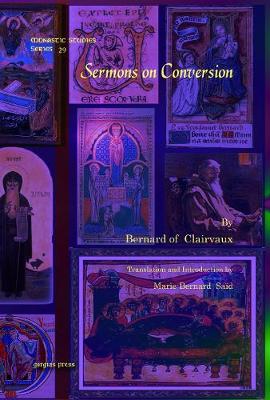Monastic Studies
8 primary works
Book 12
Song of Songs I
by M. Halflants OCSO, Kilian Walsh OCSO, and Bernard of Clairvaux
Book 13
On the Song of Songs II
by Bernard of Clairvaux, Kilian Walsh OCSO, and Jean Leclercq OSB
Book 17
The Life and Death of Saint Malachy the Irishman
by Robert T. Meyer and Bernard of Clairvaux
Book 19
The Steps of Humility and Pride
by M. Pennington OCSO, M. Conway OCSO, and Bernard of Clairvaux
Book 20
Book 23
Homilies in Praise of the Blessed Virgin Mary
by Bernard of Clairvaux, Marie-Bernard Said, and M. Waddell OCSO
Book 25
In Praise of the New Knighthood
by M. Greenia OCSO, Malcolm Barber, and Bernard of Clairvaux
Book 29
